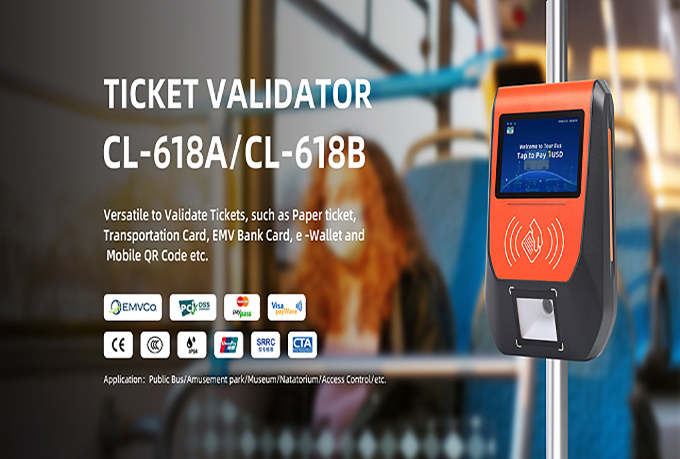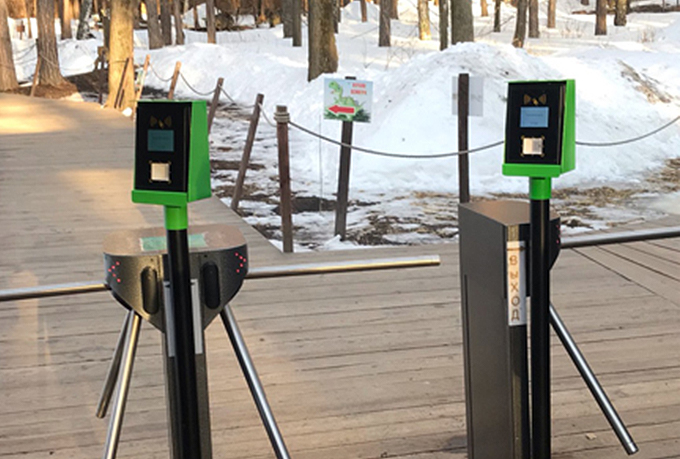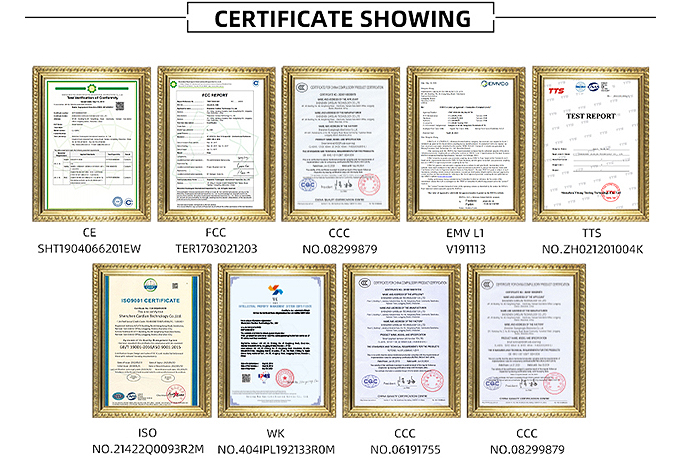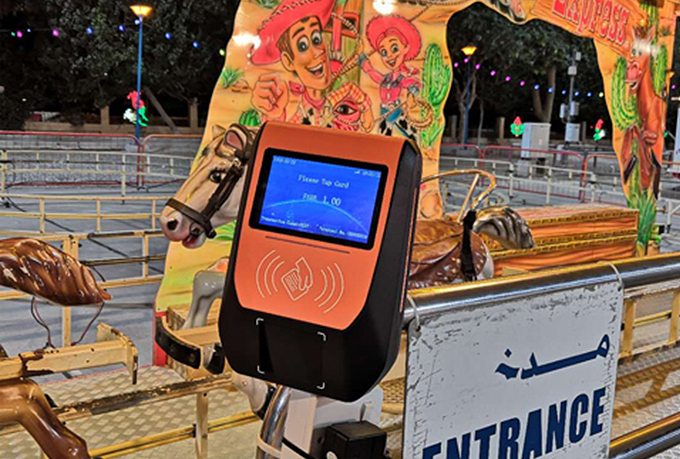
I. Early Mechanical Ticket Validators
In early train stations, the commonly seen punch-hole ticket validators were representative of this era. Passengers had to insert their paper tickets into the validator through a small hole, and the machine would punch a hole in the ticket to prove it had been validated. This method was inefficient, prone to errors, and increased the workload for station staff.
II. Technological Progress and the Rise of Intelligent Ticket Validators
With technological advancements, intelligent ticket validators have gradually emerged, bringing numerous conveniences to our lives. Here are some specific examples:
a) Bar code Ticket Validators in Subway Systems:After purchasing tickets from the automatic ticket vending machines in subway stations, passengers receive tickets with unique bar codes. To enter the station, passengers only need to hold the ticket near the validator, and the machine can quickly read the Bar code information to verify the validity of the ticket. This method is fast and accurate, greatly reducing waiting time for passengers.
b) RFID Ticket Validators:RFID ticket validators are widely used in large exhibition centers or museums. When purchasing tickets, the RFID chip is embedded into the ticket. To enter, passengers only need to hold the ticket near the validator, and the machine can automatically read and verify the ticket information. This method not only improves ticket validation efficiency but also enhances ticket security, preventing forgery and theft.
c) Mobile Electronic Tickets with NFC Technology:Nowadays, more and more scenic spots, amusement parks, and other venues begin to support mobile electronic tickets. Visitors can purchase electronic tickets through mobile apps and validate them by holding their phones near NFC-enabled validators. This method is convenient and fast, reducing waste and environmental pollution caused by paper tickets.
d) Face Recognition Ticket Validators:Face recognition ticket validators are used in some high-end venues or special events. Visitors record their facial information when purchasing tickets and only need to stand in front of the validator for face recognition verification when entering. This method improves the accuracy and security of ticket validation and provides a more convenient experience for visitors.
III. Impact of Intelligent Ticket Validators on Society and Daily Life
The widespread application of intelligent ticket validators has greatly improved ticket validation efficiency and reduced labor costs. Here are some specific impacts:
a) Improved Traffic Efficiency:During peak hours, contactless validation makes travel more convenient and efficient,intelligent ticket validators can quickly process a large number of ticket validation requests, eliminating the need to carry cumbersome paper tickets. avoiding long queues.
b) Enhanced User Experience:Through intelligent ticket validators can provide personalized service recommendations and discount information based on people's ticket purchasing and travel habits, making travel more economical. modern ticket validators can achieve richer application scenarios and functions such as intelligent tour guidance and online payment, enriching people's travel experiences.reducing unnecessary troubles and inconveniences.
c) Promoted Data Analysis:by integrating with other smart devices, Intelligent ticket validators can collect and analyze passenger flow data in real-time, providing strong support for the operation of scenic spots, amusement parks, and other venues.

In the field of ticket validator manufacturing, CARDLAN has emerged as an industry leader with its outstanding technical strength and rich industry experience. CARDLAN's ticket validators are highly reliable and stable, offering flexible configuration and scalability to meet different application scenarios and requirements. Furthermore, CARDLAN provides comprehensive after-sales service and technical support, ensuring customers receive timely and professional assistance and support.
The evolution of ticket validators has not only improved validation efficiency and accuracy but also had profound effects on society. Firstly, it reduces human errors and fraudulent activities, enhancing social fairness and justice. Secondly, by achieving contactless validation, it minimizes contact between individuals and reduces the risk of transmission, which is crucial in responding to emergencies such as pandemics. Additionally, the intelligent development of ticket validators has driven the development and innovation of related industries, creating more job opportunities and economic benefits for society.
With continuous technological progress, ticket validators will become more intelligent and integrated in the future. However, we also face challenges such as data security and user privacy protection. Therefore, in future development, we need to strengthen technical security protection to ensure that user information is not leaked.